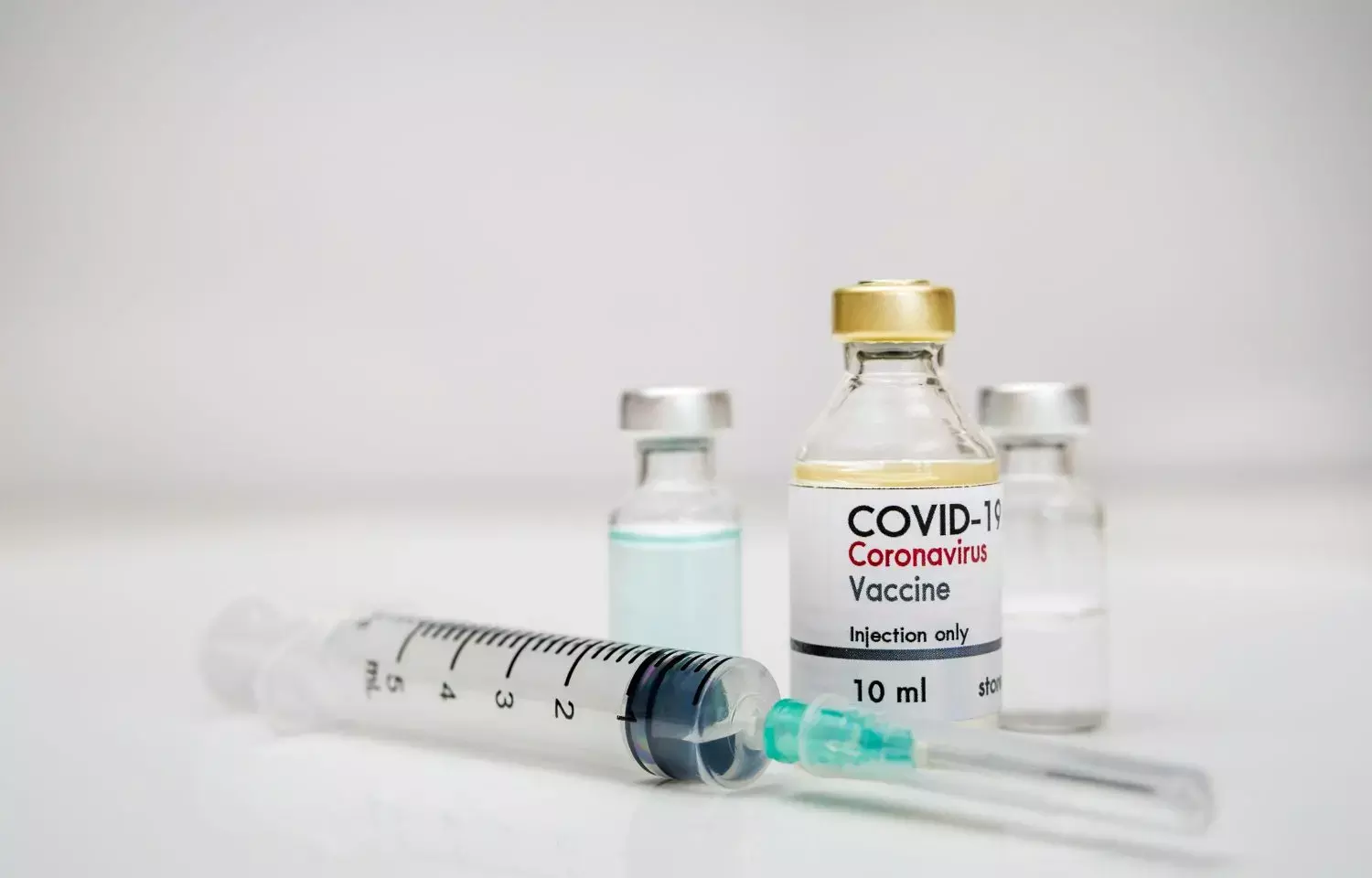- Home
- Medical news & Guidelines
- Anesthesiology
- Cardiology and CTVS
- Critical Care
- Dentistry
- Dermatology
- Diabetes and Endocrinology
- ENT
- Gastroenterology
- Medicine
- Nephrology
- Neurology
- Obstretics-Gynaecology
- Oncology
- Ophthalmology
- Orthopaedics
- Pediatrics-Neonatology
- Psychiatry
- Pulmonology
- Radiology
- Surgery
- Urology
- Laboratory Medicine
- Diet
- Nursing
- Paramedical
- Physiotherapy
- Health news
- Fact Check
- Bone Health Fact Check
- Brain Health Fact Check
- Cancer Related Fact Check
- Child Care Fact Check
- Dental and oral health fact check
- Diabetes and metabolic health fact check
- Diet and Nutrition Fact Check
- Eye and ENT Care Fact Check
- Fitness fact check
- Gut health fact check
- Heart health fact check
- Kidney health fact check
- Medical education fact check
- Men's health fact check
- Respiratory fact check
- Skin and hair care fact check
- Vaccine and Immunization fact check
- Women's health fact check
- AYUSH
- State News
- Andaman and Nicobar Islands
- Andhra Pradesh
- Arunachal Pradesh
- Assam
- Bihar
- Chandigarh
- Chattisgarh
- Dadra and Nagar Haveli
- Daman and Diu
- Delhi
- Goa
- Gujarat
- Haryana
- Himachal Pradesh
- Jammu & Kashmir
- Jharkhand
- Karnataka
- Kerala
- Ladakh
- Lakshadweep
- Madhya Pradesh
- Maharashtra
- Manipur
- Meghalaya
- Mizoram
- Nagaland
- Odisha
- Puducherry
- Punjab
- Rajasthan
- Sikkim
- Tamil Nadu
- Telangana
- Tripura
- Uttar Pradesh
- Uttrakhand
- West Bengal
- Medical Education
- Industry
Myocarditis developing after COVID-19 vaccination resolves with in 6 months: JACC

USA: Myocarditis development after mRNA vaccination against SARS-CoV-2 resolves, with MRI showing signs the myocarditis was resolving, at about six months after the initial diagnosis, according to follow-up data from two small series published in JACC: Cardiovascular Imaging.
Several case reports have suggested a small risk of myocarditis linked with the mRNA vaccines, especially in young men, and the risk tends to be a little higher with the Moderna vaccine. Cardiac imaging showed these cases resembled "classical" myocarditis and tended to be mild. Data has been published indicating that myocarditis following vaccination does resolve without clinical consequences, with these studies showing a rise in LVEF and resolution of LGE on cardiac MR.
The first series included nine male patients (mean age 22 years) who developed myocarditis after receiving their second Pfizer/BioNTech or Moderna vaccine dose. Yash Patel, Warren Alpert Medical School at Brown University, Providence, RI, and colleagues observed a complete resolution of late gadolinium enhancement (LGE) on cardiac MRI in one patient and resolving, although persistent, LGE in the remaining eight patients.
All cases had resolution of myocardial edema after 3 to 6 months on the repeat cardiac MRI, which implies that the active inflammation is gone. None of the patients had any adverse cardiovascular outcomes. Also, there was no repeat myocarditis, no heart failure, no hospitalizations, and no repeat myocarditis.
The second report consisted of seven male patients (mean age 30 years) who developed myocarditis after receiving either a first or second Pfizer/BioNTech vaccine. The research team led by Arthur Shiyovich, Rabin Medical Center, Tel Aviv, Israel, showed that absolute LGE declined in all patients over time and was entirely resolved in one person after a median follow-up of 212 days. Left ventricular ejection fraction increased in five of the seven patients, and there were no adverse cardiovascular events, including arrhythmias, hospital readmissions, or mortality.
The follow-up study, which included seven patients undergoing MRI after a median of more than seven months, showed a statistically significant improvement in LVEF between the two MR studies (56.8% to 59.4%). Also, there was a decline in LGE between MR scans, with all patients showing signs of improvement or resolution.
In the US study, nine patients were diagnosed with myocarditis following vaccination with Pfizer/BioNTech (n = 7) or Moderna (n = 2) vaccine. They underwent a follow-up cardiac MR scan a median of 94 days after diagnosis. The team led by Patel noted MR evidence of myocardial recovery and no clinical events. Also, there were signs that some mild abnormalities persisted, as seen by measures of global circumferential strain and global longitudinal strain.
Lead authors from both studies agreed that the mRNA vaccination-related myocarditis was very similar to classic myocarditis, with similar LGE scar patterns.
References:
1) Patel YR, Shah NR, Lombardi K, et al. Follow-up cardiovascular magnetic resonance findings in patients with COVID-19 vaccination-associated acute myocarditis. J Am Coll Cardiol Img. 2022;Epub ahead of print.
2) Shiyovich A, Plakht Y, Witberg G, et al. Myocarditis following COVID-19 vaccination: a follow-up magnetic resonance imaging study. J Am Coll Cardiol Img. 2022;Epub ahead of print.
Dr Kamal Kant Kohli-MBBS, DTCD- a chest specialist with more than 30 years of practice and a flair for writing clinical articles, Dr Kamal Kant Kohli joined Medical Dialogues as a Chief Editor of Medical News. Besides writing articles, as an editor, he proofreads and verifies all the medical content published on Medical Dialogues including those coming from journals, studies,medical conferences,guidelines etc. Email: drkohli@medicaldialogues.in. Contact no. 011-43720751


